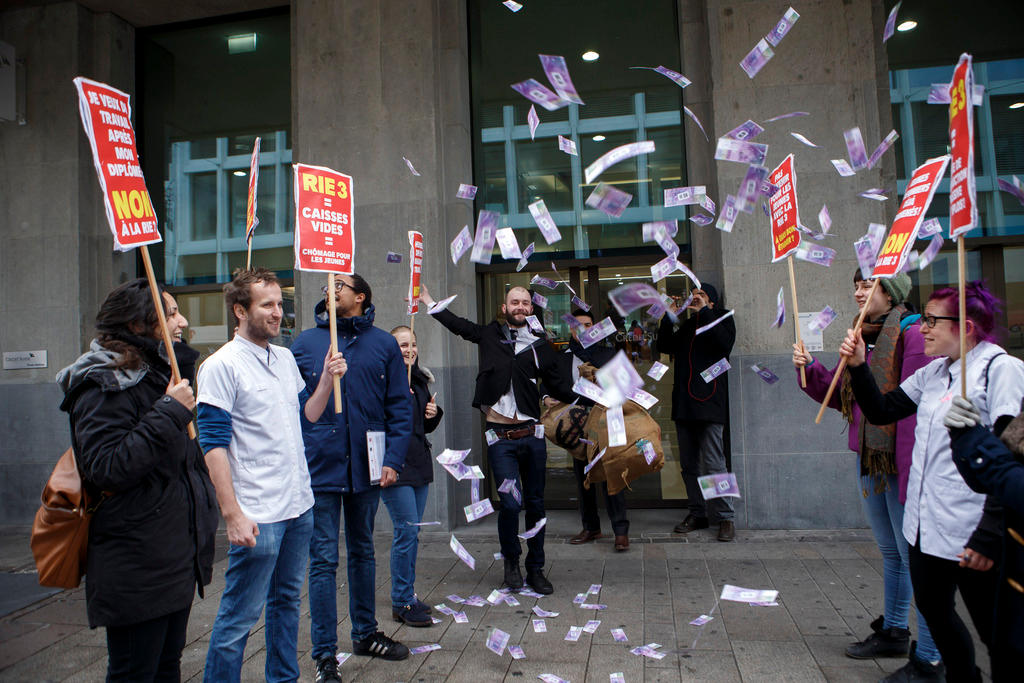
Revised Swiss corporate tax reform plan unveiled

The government has finalised its proposal for overhauling the Swiss corporate tax landscape after voters rejected initial plans a year ago. The central plank remains ‘patent box’ relief for innovation, while a family tax break sweetener has been added.
Switzerland has come under intense pressure from the European Union (EU) and the Organisation for Economic Co-operation and Development (OECD) to change “harmful” tax practices in the existing tax regime. Most notably, cantons currently charge some foreign multinationals lower rates for profits derived outside of Switzerland.
Following a consultation period, the Swiss government released the final version of its latest reform proposal on Wednesday. It attempts to steer a path between meeting international tax standards and retaining the 4,000 foreign firms that enjoy breaks under the existing regime.
‘Tax proposal 17’ calls for at least 30% of company profits to be fully taxed by cantons before so-called patent box and other research and development reliefs can be applied. Foreign companies that currently enjoy tax breaks would end with a larger bill while smaller firms would pay less, according to a government statement.
Forecast losses in tax revenues would be made up by redistributing CHF990 million ($1 billion) in federal taxes to the cantons each year. Increasing tax on certain dividends would give cantons an extra CHF355 million, the government says.
Possible sanctions
The Swiss Business Federation (economiesuisse) said it was crucial that the “most important tax reform in decades” is passed at the second attempt. The cost to Switzerland of a second rejection would be “simply too high”, the lobby group stated.
The soonest that parliament could adopt the changes is the autumn, with the majority of reforms coming into force in 2020. But the proposal could face yet another referendum challenge, which would delay – and potentially halt – the process. In the worst-case scenario of failing to reform corporate taxes, Switzerland could face sanctions from the EU and OECD.
Last year, voters threw out the initial tax reform plans that were deemed too complex and favoured corporates at the expense of ordinary tax payers. To help convince voters in a potential new referendum, the government has pledged to increase child allowances by CHF30 per child if the package is adopted.
However, the Trade Union Federation has criticised the revised plan, saying it hardly differs from the original proposal and would result in “money being thrown out the window”.

In compliance with the JTI standards
More: SWI swissinfo.ch certified by the Journalism Trust Initiative


























You can find an overview of ongoing debates with our journalists here . Please join us!
If you want to start a conversation about a topic raised in this article or want to report factual errors, email us at english@swissinfo.ch.